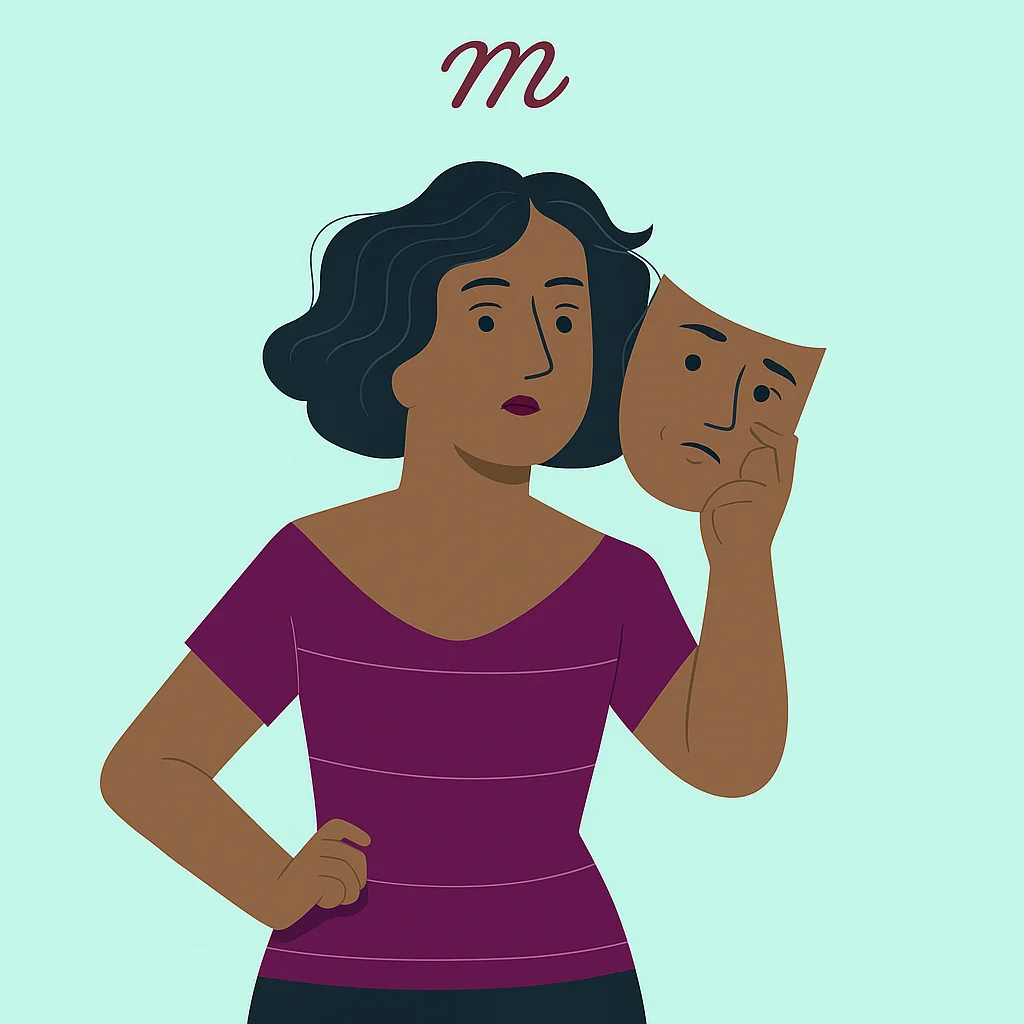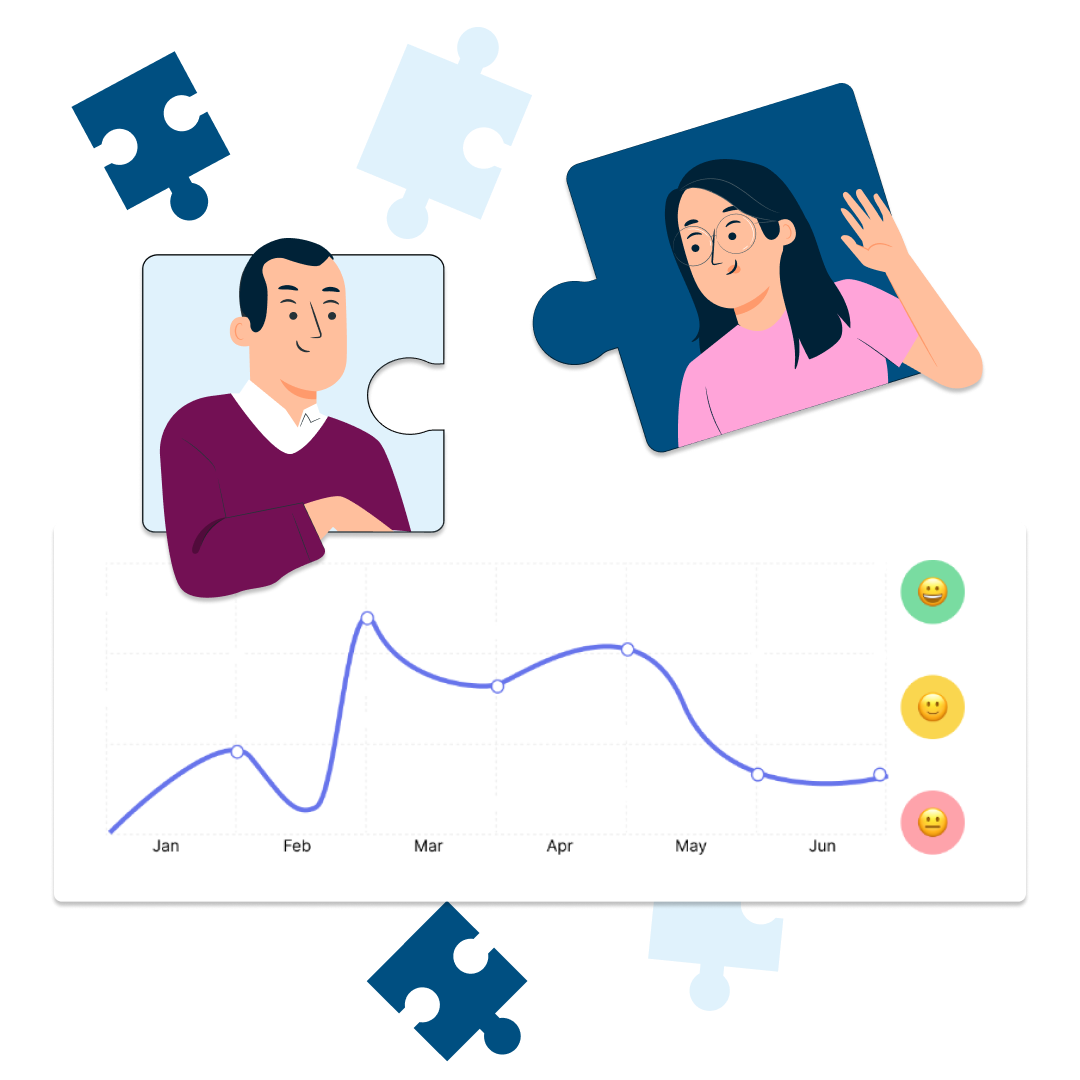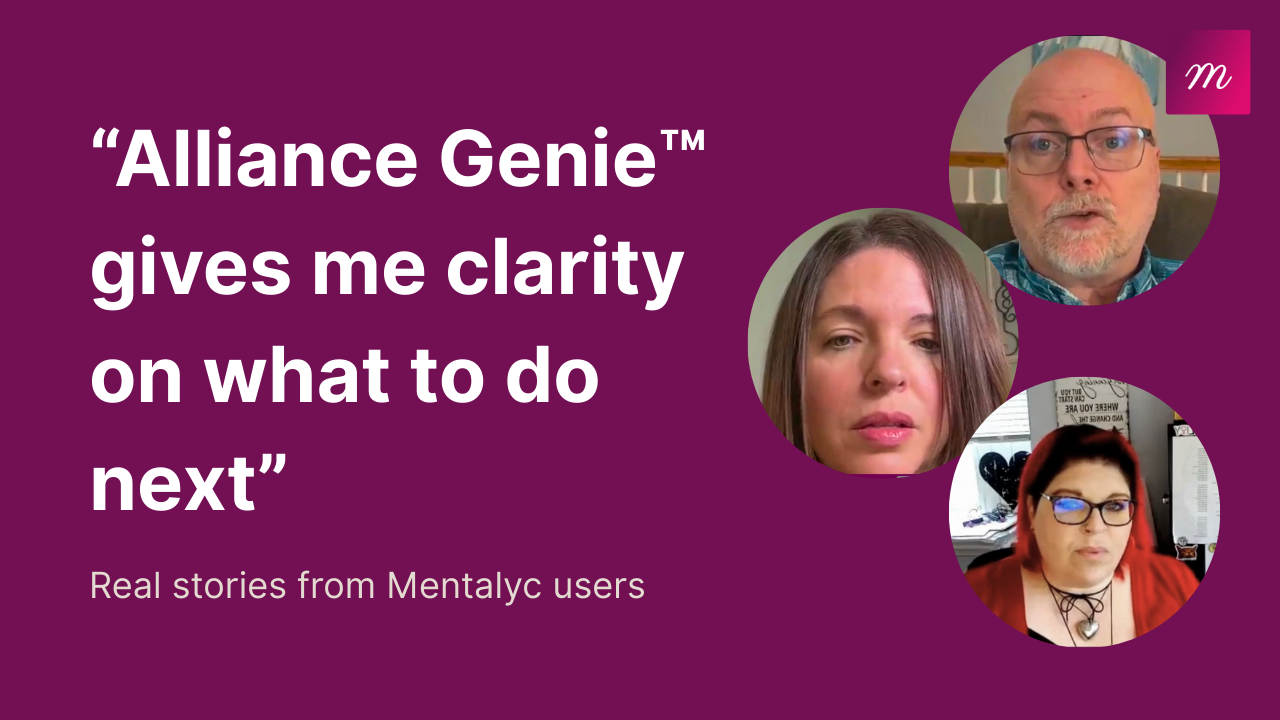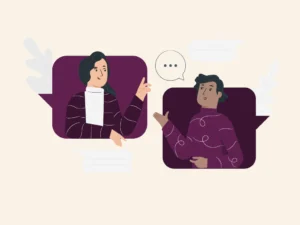Emotional Intelligence (EI) is highly essential in counseling because it informs the level of empathy the counselor displays towards patients and also shapes the therapy experience for the client. The realization and understanding of one’s own emotions and the aptitude to appropriately respond to other people’s emotions is EI. While a therapist operates in a managerial role in the therapeutic relationship, the effective management of emotions leads to the development of trust, empathy, and positive rapport with the clients.
Importance of Emotional Intelligence in Counseling
A therapist with a high degree of EI is attuned to unconscious changes in the emotions of the clients and the clients feel understood at a deeper level. Professional attunement, however, enables the counselors to be non-judgmental while guiding the client through issues. A counselor devoid of emotional intelligence can completely ignore the emotions and their interventions will be significantly ineffective. EI also enables a counselor to manage emotions in a manner in which emotions, reactions, or biases of the counselor do not get in the way of the therapy. This helps the patients feel secure to express themselves freely (Paulraj et al, 2021.)
Why Emotional Intelligence Is Important for Therapists
1. Building Rapport and Trust: Extremely emotionally intelligent therapists can build healthy, trusting relationships with clients. Empathy and active listening allow counselors to create a sense of hearing and being heard, which is essential to effective therapy. For instance, a bereaved client can utilize a therapist’s EI to validate the client’s pain and comfort the client without being overly controlling.
2. Developing Self-Awareness: Highly EI therapists can recognize their own emotional triggers, biases, and reactions. Personal feelings are excluded from therapy sessions and therapists can provide objective, client-focused care. For example, if a therapist recognizes frustration escalating during a session, they can use EI principles to manage their reaction and refocus on client needs.
3. Effective Communication: Emotionally intelligent therapists are effective communicators who are able to manage their tone, style, and words to meet the emotional needs of the client. They are also able to interpret non-verbal communication, such as facial expressions and postures, so that they better understand the emotional states of their clients. An affectively sensitive therapist treating a socially anxious client may employ a laid-back and non-threatening style of treatment to get the client comfortable (Aguilar-Ferrandiz et al., 2024.)
4. Managing Countertransference: Emotional intelligence helps therapists recognize and manage countertransference—the attribution of personal feelings to clients. By balancing emotions, therapists can maintain professionalism and objectivity in practice. For example, if a therapist finds a client reminding them of someone they know personally, EI helps them differentiate between the personal feeling and professional role.
5. Promoting Emotional Development in Clients: Therapists provide models of emotional intelligence by demonstrating healthy emotional regulation, self-awareness, and empathy. This models and encourages clients to develop their own EI, which can result in improved interpersonal relationships and general client well-being. A therapist working with a client who has issues with anger can model the instruction of emotional regulation skills in session.
Encouraging Emotional Intelligence in Counseling
1. Developing Empathy: Therapists may attempt to empathize by putting themselves in the client’s shoes and knowing what he or she is feeling. Reflective listening and open-ended questioning make the client feel as though he or she has been heard and understood. For instance, instead of saying, “You’re upset, right?” a therapist would say, “It sounds like you’re really feeling overwhelmed by what just happened—would you mind telling me about that?”
2. Mindfulness Practice: Mindfulness practices such as meditation and self-reflection can assist the therapist in remaining present and emotionally grounded while engaging with the client. Mindfulness increases awareness and reduces emotional reactivity. A mindful therapist may stop and take a few deep breaths prior to responding to an emotionally stormy client in order to remain anchored.
3. Practice Ongoing Self-Reflection: Counselors should regularly examine their emotional response, bias, and hot buttons while trying to provide equal and efficient counseling. Supervision and peer discussion might assist in this process. For example, following a very draining session, a counselor may put on paper what he or she deemed of the session and what they need to improve on individually (Broaddus, 2023.)
4. Improve Social Skills: Good social skills, for instance, conflict resolution, working in teams, and communication are vital for successful treatment. If a counselor gets training in such skills, the ability to resolve complex emotional issues in clients will improve. Effective communication is one such skill with which a counselor might train for the ability to tackle tough talks successfully.
5. Encouraging Emotional Intelligence in Clients: Clients may be taught by therapists to cultivate their own EI, such as labeling and recognizing emotions, improving communication, and using self-regulation skills like deep breathing and cognitive restructuring. For example, a therapist may teach a client prone to explosive emotional outbursts to acquire a “pause and reflect” approach in order to give them time to take charge before acting on impulse.
Example in Practice
A therapist is treating a teenage client who has anxiety and self-doubt problems. The therapist, by emotional intelligence, observes the client not looking directly into her eyes and talking in a trembling voice. Instead of leaping into solutions, the therapist confirms the client’s emotions with, “It looks like you’re not sure that you can communicate your thoughts. I want you to know that you can feel safe here and express yourself freely.” This sets up a sense of safety so that the client can begin to become more invested in the therapeutic process.
As the therapy progresses, the therapist continues to utilize EI by recognizing patterns in the client’s behavior and emotions. They promote self-discovery in a non-judgmental manner by asking the client open-ended questions such as, “What are those situations that put you most into anxiety?” and “How do you typically react to these?” By doing so, the therapist helps the client with increased self-awareness and emotional regulation skills.
Besides, the therapist also exhibits emotional intelligence through warmth, patience, and active listening. When the client is angry over a personal loss, the therapist empathizes with the client in statements such as, “I can see how that would be really disappointing for you. It makes sense that you’d feel this way.” Such empathy makes the client understood and empowered to tackle their emotions in a positive way.
With time, the client grows more comfortable sharing their feelings and can control their anxiety using methods taught by the therapist, like mindfulness and cognitive restructuring. With the regular practice of emotional intelligence, the therapist not only serves the client’s short-term emotional needs but also teaches them life-long skills on how to cope with their emotions.
Conclusion
Emotional intelligence is the clincher for effective counseling, determining how therapists interact with clients and shaping the treatment process. An emotionally intelligent therapist understands how to walk the high-wire balance of human feelings with grace, enabling clients to hear that they are heard and assisted in healing. Acquiring EI strengthens the ability of counselors to interact with clients, guide their own emotional responses, and facilitate real change (Hilts, Liu and Luke, 2022.)
Furthermore, emotional intelligence allows therapists to work with diverse clients’ needs, having a more personalized strategy that communicates with each client’s unique psychological and emotional state. EI works in crisis intervention as well, allowing therapists to de-escalate explosive situations in a patient and peaceful manner. In group therapy sessions, EI allows a therapist to manage dynamics, resolve conflicts, and create an open and friendly environment.
As emotional intelligence continues to surface as the critical component of successful therapy, integration of EI training into counselor education and practice will have a greater impact on counseling interventions. Institutional focus on EI development must be obligatory in order to equip future therapists with skills that enable them to build intricate, profound, and effective therapeutic relationships. Investment in EI is an investment in the well-being of both therapists and clients, with the ensuing deep and longer-term therapeutic effect.
Resources
- Paulraj, S., Alaboudi, S., Mali, R., Ezzi, F. A., Alawad, L. M., Alqahtani, S. A., & Vetrayan, J. (2021). Social intelligence, emotional intelligence and the therapeutic relationship among clinical occupational therapist. International Journal of Health Sciences and Research, 11(11), 275-285.
- Aguilar-Ferrándiz, M. E., Toledano-Moreno, S., Casas-Barragán, A., Albornoz-Cabello, M., Tapia-Haro, R. M., & Correa-Rodríguez, M. (2024). Implementation of a coaching training for enhancing empathy and emotional intelligence skills in health science students: a prospective study. BMC medical education, 24(1), 76.
- Broaddus, J. L. (2023). Professional Counseling/Psychotherapy and Its Influence on Emotional Intelligence and Authentic Leadership Development: A Qualitative Participatory Inquiry Research Study (Doctoral dissertation, Anderson University, South Carolina).
- Hilts, D., Liu, Y., & Luke, M. (2022). School Counselors’ Emotional Intelligence and Comprehensive School Counseling Program Implementation: The Mediating Role of Transformational Leadership. Professional Counselor, 12(3), 232-248.
Why other mental health professionals love Mentalyc

“It’s really giving me some good confidence … and areas of improvement to see nuances I didn’t see before.”

“Using Alliance Genie has really improved my notes … It tells me what I’m doing and gives me an approach of what’s next.”

“Reading transcripts helps me tighten up and come across more the way I want to present myself to clients … it’s helped me improve and keep getting better.”
Licensed Marriage and Family Therapist

“There is a lot more feedback and suggestions in it than before … that makes things a little bit easier for me.”






